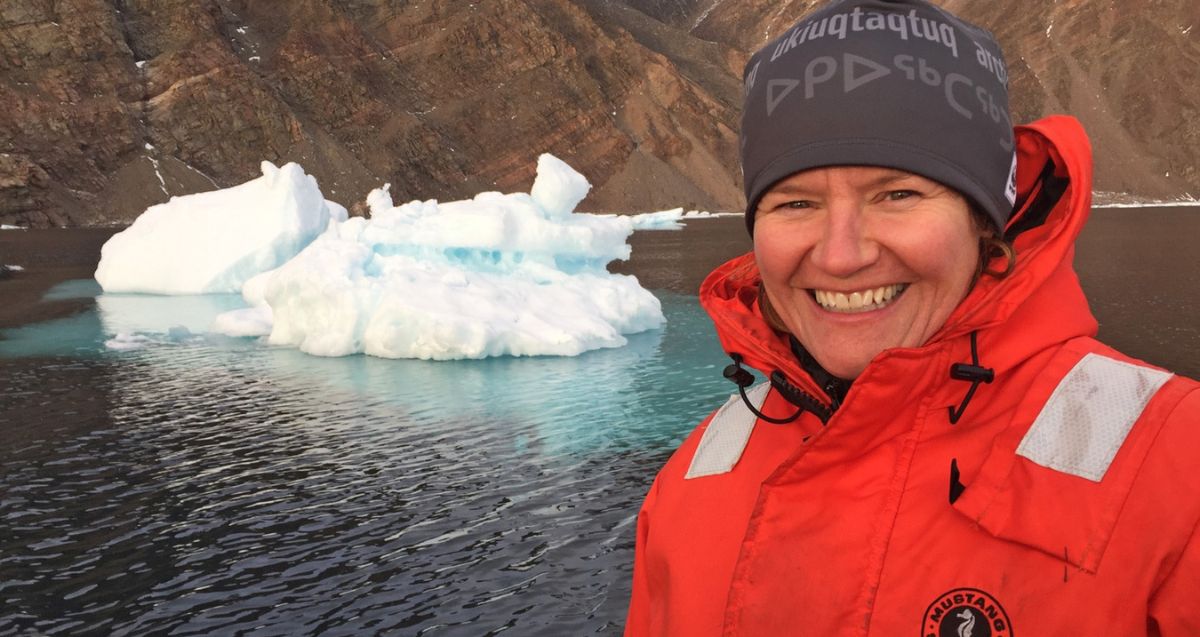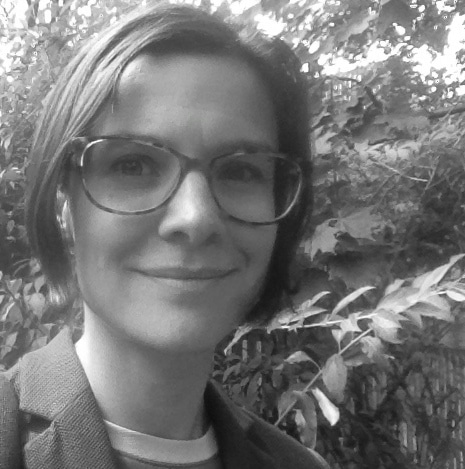Transition Leadership Stories
Original voices, thoughts, approaches and accomplishments from leaders in transition.
Profiling diverse perspectives on the transition to a low carbon, socially equitable economy from business, academia, government and the non-profit community.
“There is no doubt that globally our unsustainable systems are creating the twin catastrophes of climate change and biodiversity loss”, says WWF-Canada President & CEO Megan Leslie, a featured speaker in ASI’s 2020 Breakthrough Leadership program.
The truth of Ms. Leslie’s statement is sadly evident in the endless reports on the impacts of our warming planet, the emergence of the extinction rebellion and global protests on climate change. In Canada, despite our Paris commitments, we are on a path for 3C – 4C warming, and sadly, we are seeing the emergence of regressive provincial climate change policy.
Ms. Leslie is intensely aware of this and passionately committed to protecting the future of nature. On a daily basis, the WWF team is working to help the transition towards sustainability. Specifically they are investing in efforts to:
1) Protect carbon-rich habitats.
Ecosystems like forests and peat bogs provide habitat for wildlife and the essential service of carbon storage which can help keep the climate in balance. With the purpose of supporting the transition, WWF-Canada has mapped known carbon-rich landscapes, compared them with existing protected areas and is asking for governments and others to consider carbon storage potential when creating new protected areas
2) Promote habitat-friendly renewable energy.
We all know fossil fuel production and use harms habitat, pollutes the environment and causes climate change. In order to help catalyze the transition to renewables, WWF-Canada has developed the Renewables for Nature tool to help the energy industry choose the best sites for production and distribution infrastructure
3) Demonstrate how communities can transition to climate resiliency.
WWF-Canada is supporting the Saint John River watershed, a region that has experienced seven major climate change-related events in the past four years, by working to establish a regional climate adaptation planning approach
When I hear about this great work, I see a journey that begins by having a sustainable vision and is brought to life by investment in meaningful transitionary efforts. I have no doubt that this is how we will be able to move towards a circular economy that is environmentally sustainable and socially equitable.
Hear more from Leslie and other top transition exports through the Breakthrough Leadership program. Sign up for the ASI newsletter to receive regular program updates.



